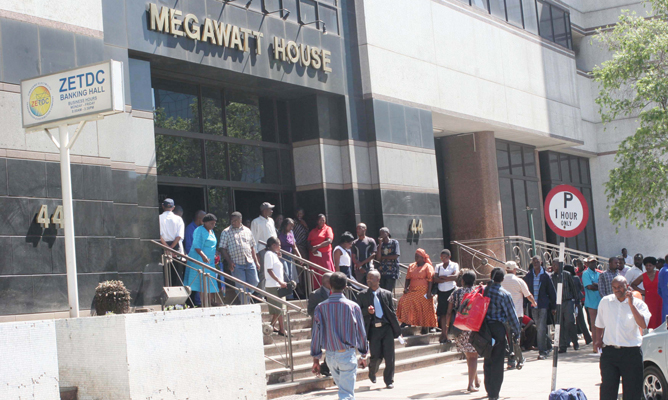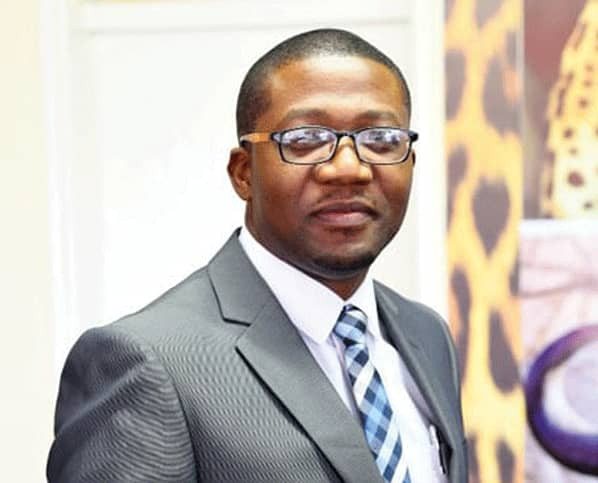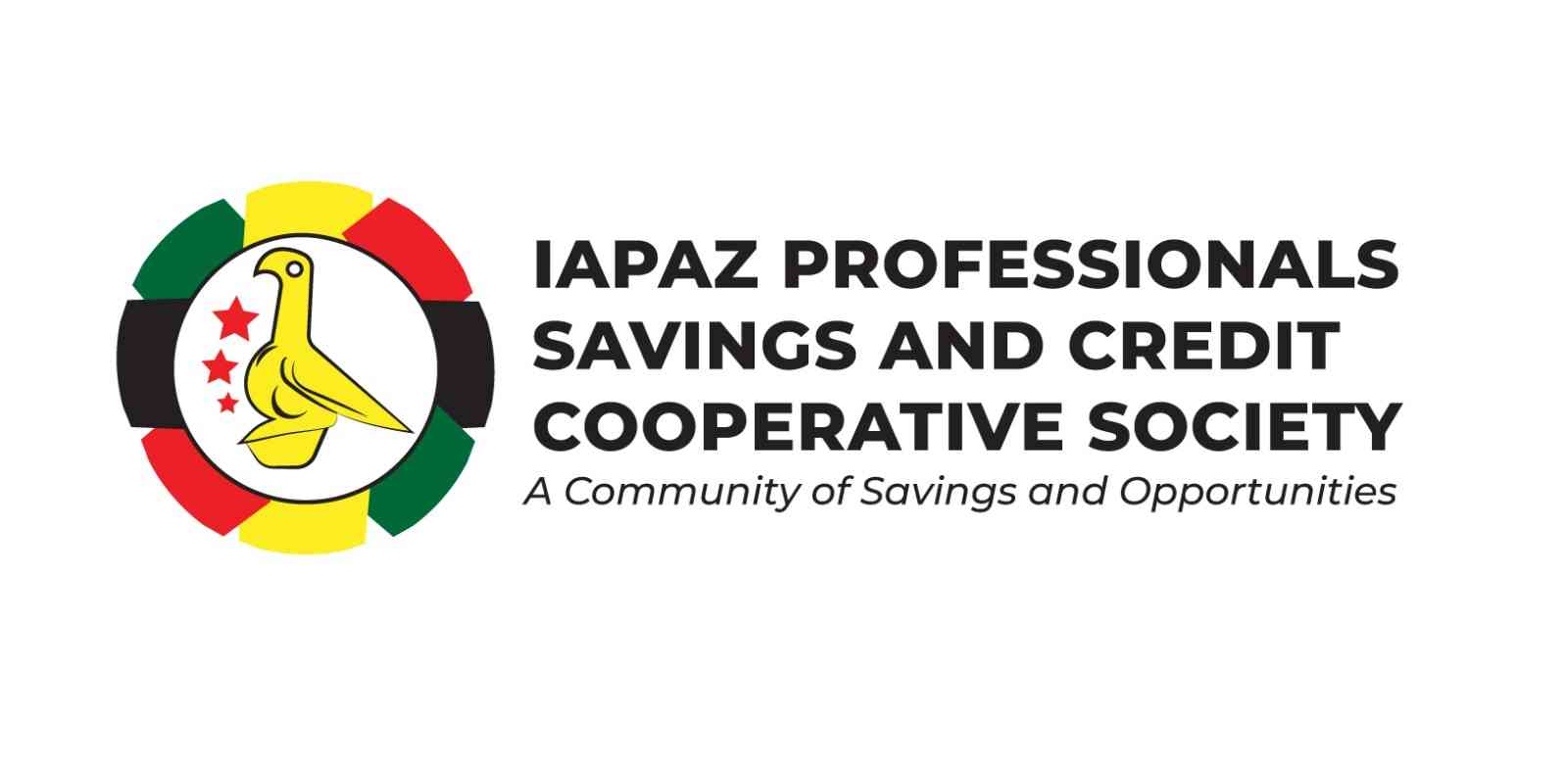
ZIMBABWEANS across the country have reacted angrily to the proposals to hike power tariffs, saying the move will further hurt the already overburdened consumers.
BY OBEY MANAYITI
The Zimbabwe Electricity Transmission and Distribution Company (ZETDC) and Zimbabwe Power Company (ZPC) have applied to hike electricity tariffs from the current $9,89c/kWh next year on the basis that they needed to import power from regional utilities.

The country’s power generation is failing to satisfy demand largely due to reduced supply from Kariba Power Station, owing to reduced water levels in Lake Kariba as well as problems at Hwange Power Station.
In a survey yesterday, ordinary people, agricultural experts and business described the move as retrogressive.
Confederation of Zimbabwe Industries president Busisa Moyo said the cost of doing business would increase if the hikes were effected.
“This is going to affect business in a negative way. Right now costs are too high and we are actually looking at ways to reduce the tariffs and this is the direct opposite of what we are planning,” Moyo said.
- Chamisa under fire over US$120K donation
- Mavhunga puts DeMbare into Chibuku quarterfinals
- Pension funds bet on Cabora Bassa oilfields
- Councils defy govt fire tender directive
Keep Reading
“Business will be more unviable, more costs and more challenges. This is not a positive development at all.”
Judith Kaulem from the Poverty Reduction Forum Trust weighed in saying there was no point in continuously burdening people under the current economic state.
“It’s not the time to make an increment on any of the rates. This is not the right time. People are faced with many expenses and trying to stretch the same scarce dollar further than it is doing now is too ambitious. I don’t think it is practical,” she said.
Vendors Initiative for Social Economic Transformation director Samuel Wadzai described the proposed electricity tariff hikes as extortionist.
“The move by ZETDC and ZPC to increase tariffs is both unfortunate and barbaric in as far as the informal sector is concerned. Instead of focusing on creating a conducive operating environment, the government continues to milk from the people who are struggling,” Wadzai said.
“At this juncture what is needed is to remove all these restrictive and extortionist revenue collection systems. The question is: Who was consulted and for whose benefit?” Zimbabwe Commercial Farmers’ Union president Wonder Chabikwa said the country would continue to lose its competitiveness, especially with regard to farming if power tariff increases were not put on check.
“Already we are the highest in the Sadc region and we were actually lobbying that the rates should be uniform with other countries so that we become competitive. Any increase on utility charges will further erode our competitiveness,” he said.
Chabikwa said farmers were getting electricity subsidies up to the dollarisation era where they were just paying 45% of the total cost. He said increased tariffs would only affect their production and hence it should be discouraged.
Some residents in Harare said the proposed upward adjustments were not justifiable considering that the majority of people were living below the poverty datum line.
“We are faced with many expenses and those in charge have never looked at our sources of income. This will not be fair for struggling people like me and I think if that new tariff is approved then the majority will be without electricity for long. That will be discrimination,” Mercy Chiriga said.











